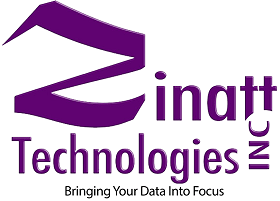In today’s fast-paced digital landscape, cloud security software plays a crucial role in safeguarding sensitive data and ensuring seamless operations. By leveraging role-based access control and advanced security measures, teams can work efficiently while enhancing collaboration and productivity. Explore the significance of cloud security software in optimizing your team’s performance and data protection.
Understanding the Importance of Cloud Security Software
In the digital era, where data is a cornerstone of business operations, the importance of cloud security software cannot be overstated. From protecting confidential information to ensuring regulatory compliance, the right security measures can make or break a company’s success. As cyber threats continue to evolve, investing in robust cloud security solutions becomes a strategic necessity for organizations of all sizes.
Moreover, cloud security software provides a scalable and cost-effective way to fortify your digital infrastructure. By centralizing security protocols and access controls, businesses can effectively manage user permissions and monitor data activities. This not only bolsters the overall security posture but also enhances operational efficiency across various departments.
By instilling a culture of security awareness and compliance, teams can proactively address potential vulnerabilities and mitigate security risks. Educating employees on best practices and risk management strategies can significantly reduce the likelihood of data breaches and cyber-attacks. Through a combination of technology and training, organizations can foster a secure and resilient digital environment.
Furthermore, cloud security software empowers businesses to embrace digital transformation with confidence. By leveraging cutting-edge security tools and encryption methods, companies can securely migrate sensitive workloads to the cloud, enabling remote collaboration and flexible work arrangements. This seamless integration of security and productivity is essential for staying competitive in today’s dynamic business landscape.
Optimizing Team Collaboration through Cloud Security Roles
Effective collaboration lies at the heart of successful team dynamics, and cloud security roles play a pivotal part in facilitating streamlined workflows. By assigning specific access privileges based on job functions and responsibilities, organizations can ensure that employees have the necessary permissions to fulfill their roles without compromising sensitive data.
Role-based access control not only enhances security but also simplifies user management processes. Administrators can easily assign, modify, or revoke access rights, reducing the risk of unauthorized data exposure. This granular control over user permissions fosters a culture of accountability and transparency within the organization, promoting trust and efficiency among team members.
With cloud security roles in place, teams can collaborate on projects with confidence, knowing that data integrity and confidentiality are preserved. Whether sharing files, collaborating on documents, or accessing critical systems, each team member operates within the boundaries of their designated role, minimizing security incidents and promoting secure information exchange.
Enhancing Productivity with Role-Based Access Control
Role-based access control (RBAC) is a fundamental principle in enhancing productivity and efficiency within an organization’s digital ecosystem. By streamlining user permissions and restricting access to sensitive data based on predefined roles, RBAC minimizes the risk of data breaches and insider threats.
RBAC not only safeguards critical assets but also simplifies the onboarding and offboarding processes for employees. With predefined access levels and permissions, new hires can quickly acclimate to their roles and access the resources they need to perform their duties effectively. Similarly, when employees transition or leave the organization, access rights can be promptly adjusted or revoked, maintaining data security and integrity.
Moreover, RBAC promotes accountability and transparency by clearly delineating each user’s privileges and responsibilities. This proactive approach to access control reduces the likelihood of unauthorized data tampering or information leakage, fostering a secure and efficient operational environment. By aligning user access with job functions, organizations can optimize team productivity while upholding data protection standards.
Securing Data with Advanced Cloud Security Measures
Data security is paramount in today’s interconnected digital landscape, where cyber threats loom large and data breaches can have devastating consequences. Advanced cloud security measures such as encryption, multi-factor authentication, and intrusion detection systems are essential components of a comprehensive security strategy.
Encryption plays a vital role in safeguarding data both at rest and in transit, ensuring that sensitive information remains protected from unauthorized access. By encrypting data at the file level or during transmission, organizations can mitigate the risk of data interception and unauthorized viewing, preserving confidentiality and integrity across all data exchanges.
Multi-factor authentication adds an extra layer of security by requiring users to verify their identities through multiple credentials, such as passwords, biometrics, or security tokens. This additional validation step significantly reduces the risk of unauthorized access, even if login credentials are compromised, enhancing the overall security posture of the organization.
Intrusion detection systems monitor network traffic and system activities for suspicious behavior, alerting administrators to potential security incidents in real-time. By proactively detecting and responding to security threats, organizations can swiftly mitigate risks and prevent unauthorized access to critical systems and data. These advanced security measures are essential for safeguarding business continuity and preserving the confidentiality of sensitive information.
By implementing a layered approach to cloud security, organizations can create a robust defense mechanism against evolving cyber threats and malicious attacks. From data encryption to proactive threat detection, each security measure contributes to a comprehensive security framework that protects valuable data assets and ensures uninterrupted business operations. In today’s digital landscape, proactive cloud security is not just a choice but a strategic imperative for organizations seeking to thrive in a secure and dynamic environment.
Implementing Effective Cloud Security Policies
Effective cloud security policies are essential for establishing a strong security posture and ensuring regulatory compliance in cloud environments. By defining clear guidelines, procedures, and best practices, organizations can mitigate risks and address security challenges proactively.
Cloud security policies should encompass a range of security controls, including data encryption, access controls, incident response procedures, and employee training initiatives. By outlining these policies and procedures, organizations can create a cohesive security framework that aligns with industry regulations and best practices.
Regular security audits and assessments are also critical in evaluating the effectiveness of cloud security policies and identifying potential gaps or vulnerabilities. By conducting routine security checks and risk assessments, organizations can fine-tune their security measures and ensure ongoing compliance with industry standards and regulatory requirements.
Employee training and awareness programs play a key role in ensuring compliance with cloud security policies and promoting a culture of security within the organization. By educating employees on security best practices, data handling procedures, and incident response protocols, organizations can empower their workforce to be proactive in safeguarding sensitive information and upholding security standards.
Ultimately, effective cloud security policies are not just a set of rules to follow but a security mindset to adopt. By integrating security into every aspect of the organization, from employee onboarding to system maintenance, businesses can create a culture of security excellence that protects against emerging threats and ensures the integrity of their digital assets.
Embracing Secure Cloud Practices
As technology continues to evolve, the need for robust cloud security software becomes increasingly imperative. By implementing effective cloud security policies and measures, businesses can mitigate risks, secure their valuable data, and streamline their operations. Remember, a proactive approach to cloud security is key to staying ahead in a rapidly changing digital world.




 520 838 0346
520 838 0346 sales@zinatt.com
sales@zinatt.com











